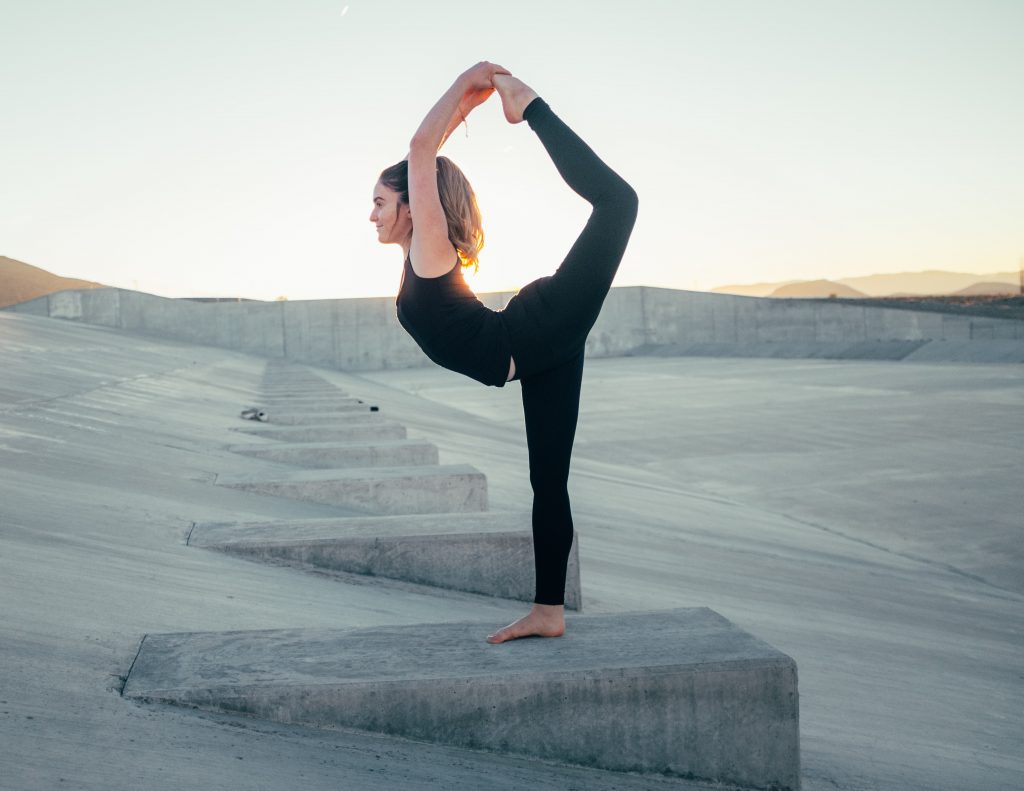“The world needs that special gift that only you have.” – Marie Forleo
As you’re building up your beauty business, there’s a lot to think about. Your ideal customer avatar, your design and branding, your competitor research. It’s all important, and it should all lead you here: to what makes you and your product different from everyone else’s.
Your passions, skills, talents, values, life experiences, and purpose are all sources you can draw from to create your Unique Selling Point (or USP, for short). In this post, we’ll explore how to draw from all of these sources to define what makes you completely unique. You’ll use this to define your brand and your niche.
What’s your “WHY”?
In Simon Sinek’s famous TED talk, “Start With Why,” he said, “People don’t buy WHAT you do, they buy WHY you do it.”
You can see examples of this everyone on sites like GoFundMe and Kickstarter. Many of the campaigns that take off like wildfire don’t explode because of the product. It’s the story behind the venture, and the team or the person behind it, that gets people invested.
So ask yourself two crucial questions:
- What are you passionate about?
- What is your purpose for starting this beauty business?
In order to create a niche that’s inspirational to others and enjoyable for you, you’ll need to know the answers.
There should be a reason why you’re creating a beauty brand. Sure, making money is great, and it’s likely one reason, but it shouldn’t be your only reason.
What is your “why”?
Whatever core motivation bubbles up for you, write it down. For example, you might write that makeup has always made you feel empowered, like your best self. Or maybe you’ve suffered for years from skin problems and could never find the right product for you, so you made it yourself. It could be just that you love the colors and the artistry behind beauty products.
Whatever “why” resonates with you, you’ll want to use it to start crafting your brand story. This is what will make people want to buy from you. It doesn’t matter how wonderful your product is if you don’t have a compelling story to share.
What are your skills and talents?
Make a list of the skills and talents that are individual to you. They could be related to beauty products, or completely unrelated.
Some examples might be:
- Sidewalk art
- Graphic design
- Event planning
- Makeup artistry
- Choosing personal gifts

Once you’ve got that list in front of you, think about how you might draw upon them to create a unique niche for your brand. Some of the skills on the list will spark ideas right away, and others will probably look like they don’t fit at all.
That’s okay. Don’t force anything. You might think of how you can include these skills later on, but for now, just brainstorm and use what you can.
If you’re struggling to think of ideas, here are some prompts that might help.
Are you a great makeup artist?
If you’re launching a makeup brand, this is a skill that will definitely interest your potential customers (especially if your brand is designed for professionals). You can better understand your customers’ needs if you fit into your target market yourself. Or, you could use this skill in your marketing (ex: filming a series of YouTube videos where you’re doing great makeup work using your own products).
Are you a graphic designer?
If you’re a graphic designer (like me), you can leverage this skill to design your own packaging. The packaging I designed for the makeup brand I launched with my mom, 42 Dubonnet, won awards for package design and became a key part of our niche.
Are you great at parties or gifts?
Consider creating your niche around events that showcase your product. Or, launch a subscription box that pairs your newest products with other complementary gifts.
Hopefully, you have the idea. See where you can leverage your unique skills for your beauty business. You may have to get creative—but the more creative and unique, the better!
What are your core values?

If you’ve never done a values assessment exercise before, it’s an interesting thing to do, even for your own personal use. And, of course, your core values are excellent guideposts as you make major decisions about your beauty business.
Look at a list of core values (there are lots available online, but this one is a good place to start) and circle the ones that speak loudest to you. Try to keep the list small, choosing just 3-5 that you think are most important.
Examples of core values:
- Adventure
- Autonomy
- Authenticity
- Balance
- Beauty
- Empathy
- Expression
- Freedom
- Growth
- Harmony
- Responsibility
- Security
- Spontaneity
- Trustworthiness
- Wisdom
Now that you have a list of values, translate them into actions that you can take for or with your business.
Here’s an example. Let’s say that one of your core values is knowledge. An action following that value might be, “understanding our customers inside and out, and creating content to educate them.”
Or, if you value openness, you can take the action of being transparent and honest in every aspect of your business.
If you value challenge, vow to never take the easy road. Instead, challenge yourself (and your co-founders) to make better and better products.
Reframing your core values as actions ensures that your thoughts and actions are aligned. Saying that you value challenge is one thing, but taking actions to uphold that value are another.
When your values inform how you conduct yourself with your business, they’ll become an integral part of the business itself. And this will make you very unique (and memorable) in the eyes of your customers.
What experiences and perspectives do you offer?
We are all shaped in so many ways by our life experience. If your experiences relate to your brand, tell that story and let them help you to carve out your own niche.
Review your ideal customer persona—and if you don’t have one yet, go back and build one. Are there any unique experiences in your past that bond you in some way to your ideal customers? Have you been in their shoes, or do you know someone who has?
Write down all of the relevant experiences you can think of. And then, write down how they’ve changed your perspective for good, and how that perspective informs your brand.
Creating your niche
Imagine some key elements of your business as a Venn Diagram with 3 circles. One is what makes you unique, another is your ideal customer and their desires/problems, and the third is gaps in your market.
We’ll put all 3 together to create your niche, which will be the center of that Venn Diagram, where all 3 circles overlap.

But first, write down key ideas in each circle. What are your most important unique qualities? What is a targeted, short summary of your ideal customer? How about specific opportunities you’ve found through competitor research?
Your niche is the spot where they all meet.
Want to learn more?
For a start-to-finish look at how to build and grow your beauty business, check out our course, Learn How to Launch a Beauty Product. We cover every aspect of starting a beauty business, from creating a solid foundation and getting funding to manufacturing, branding, sales, and marketing. This guided approach keeps you on track and makes the process feel less overwhelming. To learn more about turning your product ideas into reality, sign up for our newsletters and read more about the course here.

